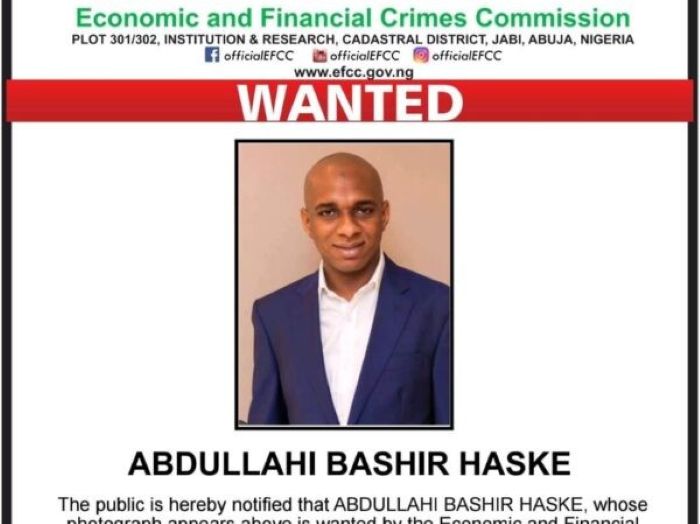A medical doctor and rights activist, Tuyi Mebawondu, asked ChatGPT How to solve Nigeria Subsidy Problem? The response of the artificial intelligence app will amaze you
Here below is the conversation word-for-word
How to solve Nigeria Subsidy Problem?
The fuel subsidy problem in Nigeria is a complex issue that requires a multi-faceted approach to solve. Here are some potential steps that could be taken to address the problem:
Economic Diversification: Nigeria heavily relies on oil exports for revenue, and the fuel subsidy stems from the government’s attempt to keep fuel prices low for its citizens. Diversifying the economy by promoting other industries, such as agriculture, manufacturing, and technology, can reduce the country’s dependence on oil and mitigate the need for fuel subsidies.
READ ALSO:
MAN Makes Further Demands From President Tinubu On CBN, NERC And Finance Bill
Subsidy: Why We May Pull out of Ongoing Dialogue with Tinubu – NLC
BREAKING: Fuel Subsidy is Gone, Tinubu Declares
Transparent Pricing Mechanism: Implementing a transparent pricing mechanism for petroleum products can help eliminate the need for fuel subsidies. This involves allowing market forces to determine fuel prices based on international market trends, rather than artificially setting them lower. This approach encourages efficiency, reduces corruption, and ensures a fair market for all stakeholders.
Targeted Social Welfare Programs: Instead of providing a blanket subsidy to all citizens, the government can introduce targeted social welfare programs to assist vulnerable populations. This could involve providing direct cash transfers or subsidies to low-income households to offset the potential impact of higher fuel prices.
Infrastructure Development: Investing in infrastructure, particularly in the transportation sector, can help reduce fuel consumption. Developing and improving public transportation systems, such as buses, railways, and mass transit systems, can provide affordable alternatives to individual car ownership and reduce the overall demand for fuel.
Renewable Energy Promotion: Encouraging the adoption of renewable energy sources, such as solar, wind, and hydroelectric power, can gradually reduce the dependency on fossil fuels for energy needs. Providing incentives and subsidies for renewable energy projects and technologies can help transition to a more sustainable and less oil-dependent energy sector.
Combating Corruption: Addressing corruption within the fuel subsidy system is crucial. Implementing robust auditing and oversight mechanisms to ensure that subsidies are reaching the intended recipients and that the process is transparent and accountable can help minimize leakages and misuse of funds.
Public Awareness and Education: Engaging the public and raising awareness about the challenges and trade-offs associated with fuel subsidies can foster understanding and support for necessary reforms. Educating citizens about the long-term benefits of subsidy removal, such as improved economic stability and investment in critical sectors, can help generate public buy-in.
It is important to note that these steps should be implemented gradually and in a coordinated manner, taking into account the country’s social, economic, and political realities. Furthermore, the government should engage with various stakeholders, including industry experts, economists, civil society organizations, and citizens, to develop a comprehensive strategy that addresses the fuel subsidy problem effectively.





